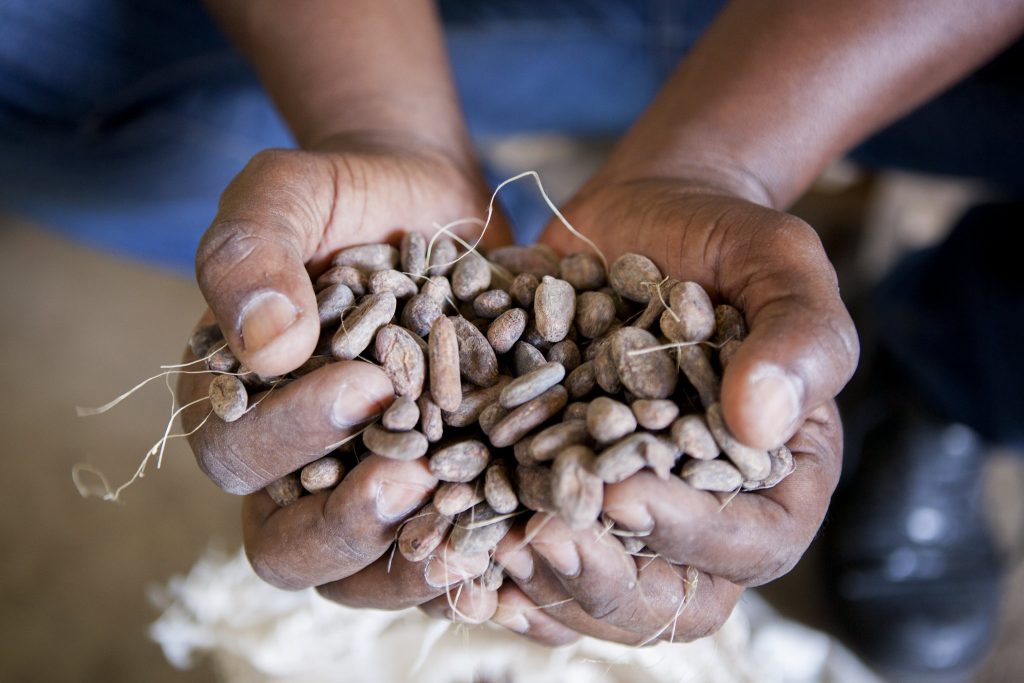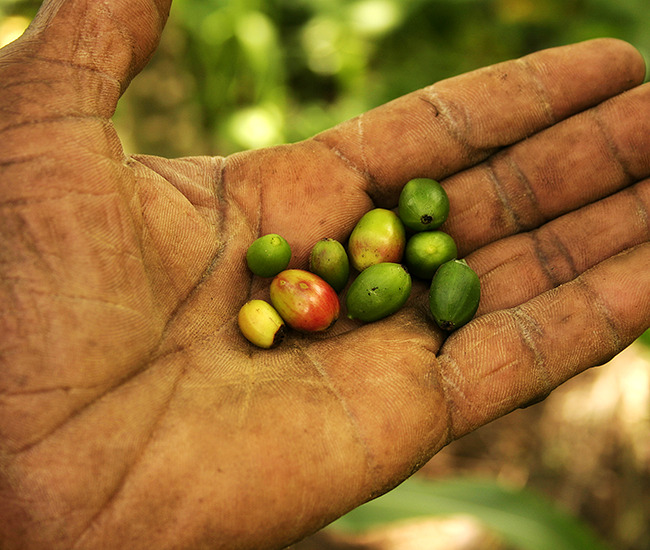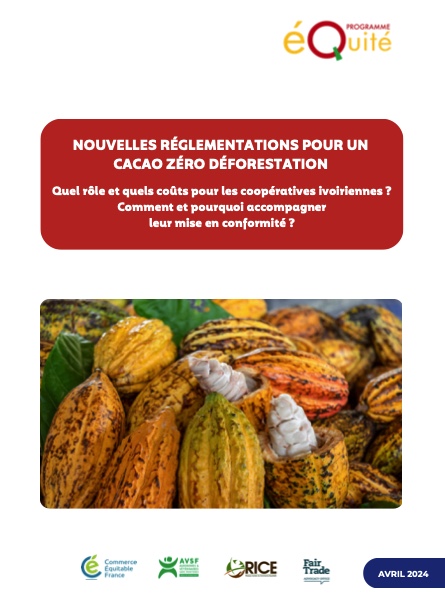In Haiti, cocoa production involves between 20,000 and 30,000 families of small producers. Cocoa accounts for 60% of a cocoa farmer’s total income. Cocoa is generally cultivated in multi-species agroforestry systems in association with food crops, timber and fruit trees forming several strata. These agroforestry systems organized around cocoa also play a key role in conserving water and soil management and in preserving local ecosystems in a context of vulnerability of the country from an environmental point of view.
Today, Haiti’s yields are among the lowest in Latin America (250 kg/ha). Due to insufficient knowledge of the plant material available, fermentation is difficult to control. The potential quality of cocoa is therefore not valued as such on the world market. However, the cocoa sector has many assets. In the end, there is a great shortfall for rural families and for the national economy in general. Also, the opportunity to contribute to reducing the vulnerability of the national environment with the cocoa agroforestry system is little used.
The Technological Innovation for Agriculture and Agroforestry program is based on the following actions:
Initiate participatory research to maximize productivity of cocoa systems through the use of good planting materials, implementation of good agricultural practices.
Promote high added value and environmental crops in cocoa systems.
Improve processing and marketing techniques for systems-based productions to gain sustainable access to niche markets.
Improve the social and environmental conditions of the Haitian cocoa industry.
Strengthen national cocoa skills through training of producers, technicians (potential suppliers of inputs and services), professionals and supervision of research briefs (license, master and doctoral students, etc.).
Work with national actors to develop a training curriculum adapted to the national context.
The project therefore proposes to work in three different contexts in the departments of Nord and Grand’Anse:
1) The current cocoa production areas, by improving the functioning of the systems – rehabilitation.
2) Degraded areas, where cocoa-dominant agroforestry systems can also help restore soil fertility and help reduce erosion – the installation of new plots.
3) Coffee growing areas that will be less suitable for coffee production to assist transitions to cocoa or mixed systems.








